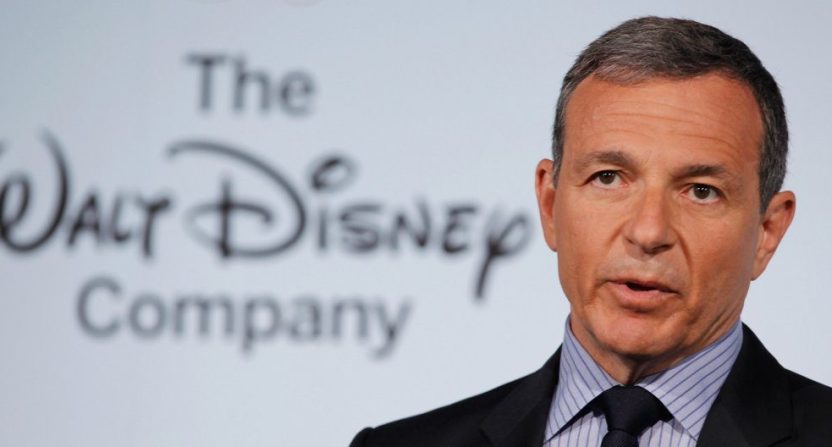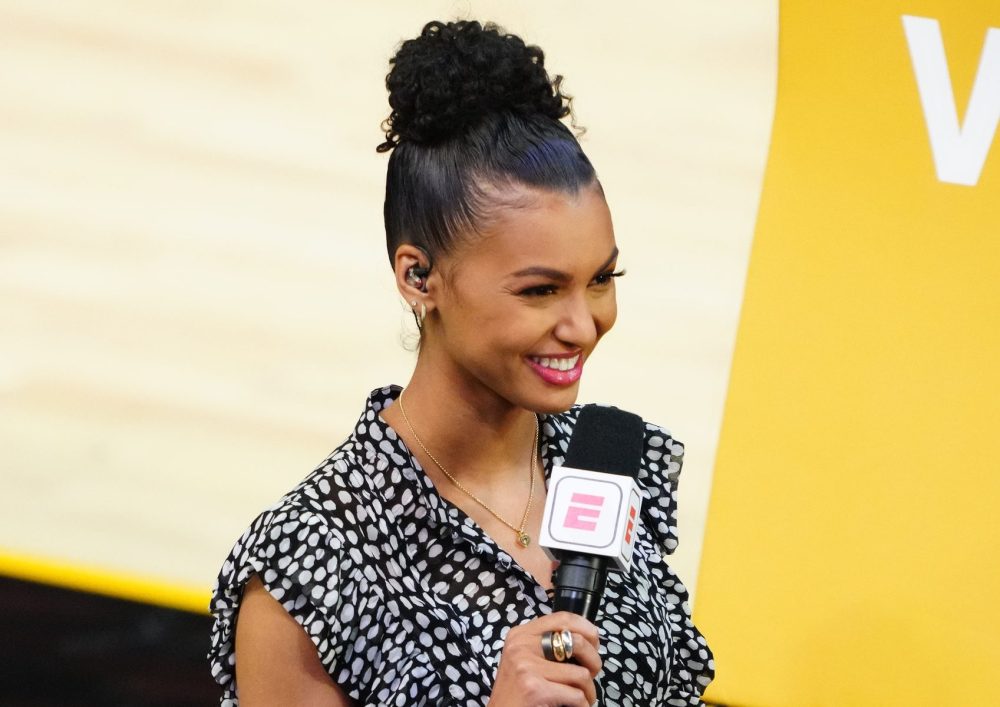The world of subscription streaming services has a very high barrier to entry, even for some of the most powerful media companies in the world. Disney is finding that out right now. After 2018 earnings that saw the company lose hundreds of millions in the streaming sector, Disney is reportedly set to lose hundreds of millions more in the first half of 2019.That’s according to this report from Gerry Smith at Bloomberg:
Disney lost just under $100 million on streaming in the first quarter and expects to lose an additional $200 million on its online video efforts in the second quarter, mostly to develop ESPN+, its subscription sports channel. The company will also surrender about $150 million in operating income after cutting off licensing to competing services, executives said on a February call. “Captain Marvel,” a superhero blockbuster that opened Friday, is the first Disney movie in years that won’t eventually show on Netflix.
This was always going to be a long-game for Disney, a company that can certainly afford to make investments like this, especially with the potential for a big return down the line. It’s not just the operating income, though, to be fair; there’s also a big opportunity cost in the near-term for Disney on the entertainment side.
Michael Nathanson, a media analyst with MoffettNathanson, expects the Burbank, California-based entertainment giant to lose more than $1 billion this year and another $1 billion next year by forgoing licensing deals and investing in its online video business, including Disney+, which will be the TV home for the company’s movies when it debuts later this year.
These are all costs Disney has factored in, of course, and on the sports side, they’ve recently touted a growing ESPN+ subscriber base of 2 million users. The numbers probably still make sense for Disney, even if the reward might not come for a while yet.[Bloomberg]







